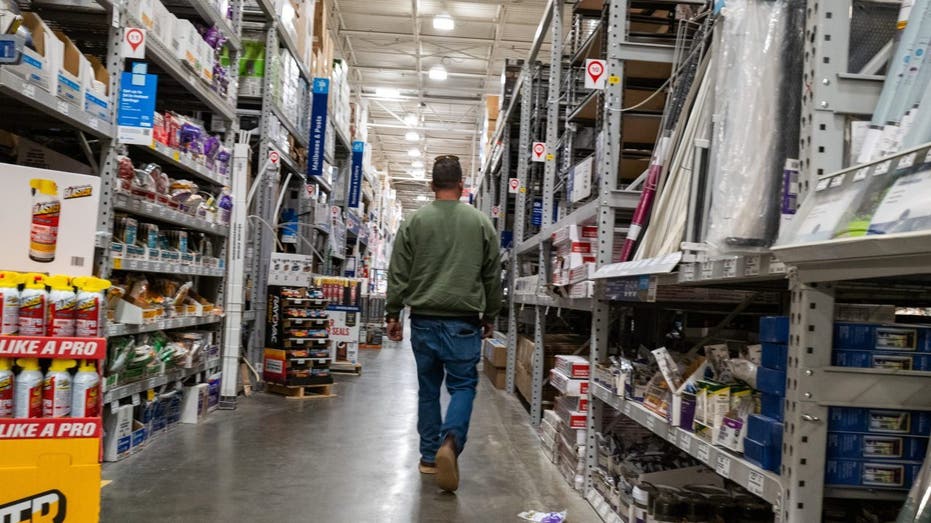Amid the threat of product shortages and rising costs, consumers should begin their holiday shopping now or set aside extra cash reserves, an expert says.
Stephen Schwartz, managing director of Wells Fargo Global Supply Chain, Trade & Channel Finance, said consumers will begin to face a ripple effect of financial and logistical challenges stemming from the port strike. This would lead to potential price increases, shortages and inflation.
The “impact may not be immediate, but the interworking of supply chain channels creates a domino effect that will ultimately touch the consumer” and potentially create problems for holiday shopping, Schwartz said.
AUTOMAKERS MONITORING PORT STRIKE FOR IMPACTS ON PRODUCTION
For the first time since 1977, the International Longshoremen’s Association (ILA) and its 45,000 dockworkers went on strike at dozens of ports that collectively handle about half of the country’s seaborne imports. The union is demanding better wages and restrictions on port automation, and negotiations are at an impasse with the U.S. Maritime Alliance (USMX), which represents port employers.
Schwartz said that it is vital to plan ahead and that consumers should make a list of what they need for the holiday or house projects and start making the purchases now.
He also said some ways shoppers can get ahead before the supply chain disruption hits is to ensure they have one to two extras of their favorite essential items.
DOCKWORKERS HIT PICKET LINES: WHAT IT WILL TAKE TO END THE PORT STRIKE

Another issue is that disruptions will drive up costs for companies, which could pass it onto consumers. Schwartz said consumers need to set extra money aside “to cushion the financial impact.”
Schwartz said the supply chain disruptions that occurred during the COVID-19 pandemic were significantly more severe than the current situation due to the dramatic increase in consumer demand for goods.
However, given the state of the economy and the consumer, Schwartz doesn’t expect to see a similar spike in demand. This, in turn, would lessen the consumer impact.
Read the full article here











